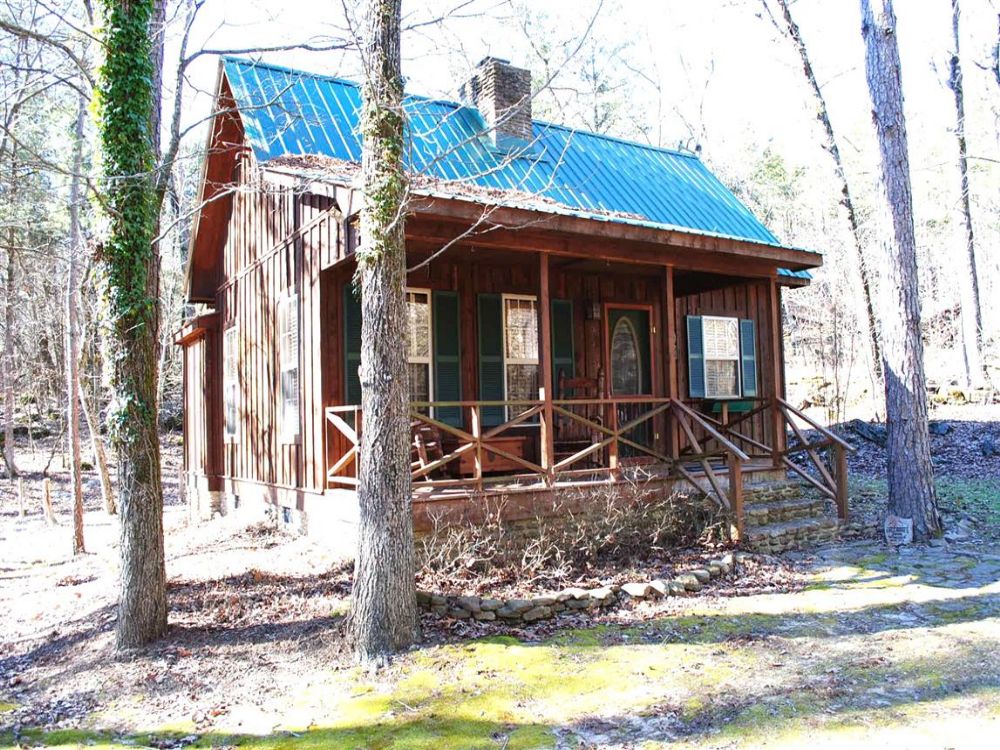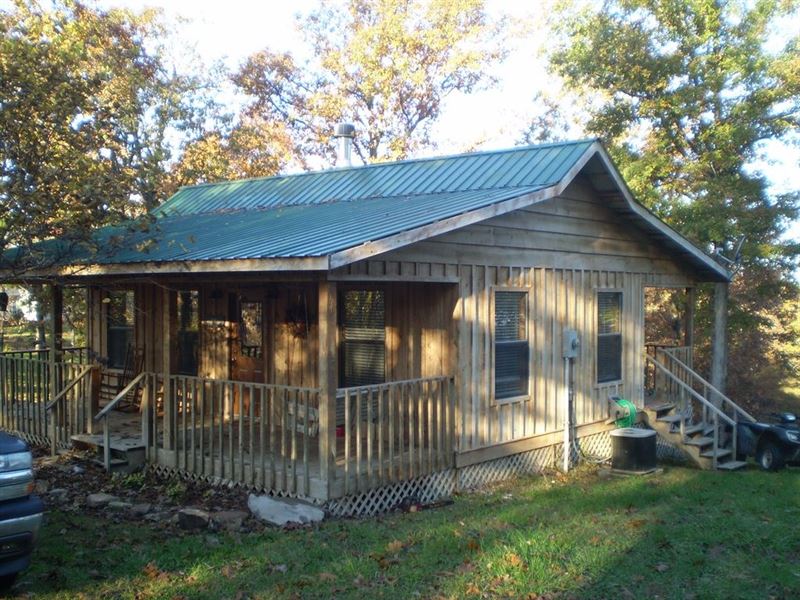Land For Sale Mountain View Arkansas – The car represents possibility, and when it changes hands, it takes on new significance, a new role in a different life. The act of selling a home is a deeply emotional process, and when it’s completed, there’s a sense of closure and anticipation for what comes next. Both buyers and sellers should approach transactions with honesty and transparency to ensure a smooth exchange. Quality goods for sale are not just limited to luxury items or high-end brands. But in the end, whether it’s an item or an individual, the process of being “for sale” is a negotiation of worth, a moment of exchange. The concept of quality, however, is not a one-size-fits-all. The market for second-hand goods is also influenced by societal trends and economic conditions. For some, it’s a matter of balancing budgetary constraints with their desire for quality. The growing interest in second-hand goods can also be attributed to shifting cultural attitudes toward consumption. For example, an old wooden chair might be sanded down and refinished into a modern piece of furniture, or a vintage dress might be altered to fit a contemporary style. Although the transaction may be challenging at times, the opportunity to buy or sell a business can open doors to new ventures, provide financial rewards, and enable entrepreneurs to pursue their goals. Whether through their durability, aesthetic appeal, or the values they embody, these products go beyond simple transactions. Even objects with little intrinsic value can be sold with great meaning. The environmental benefits of buying second-hand goods go beyond just reducing the need for new production. In the end, the real challenge is to navigate this world — to understand the forces of commerce that shape our lives, while holding onto those things that remain beyond the reach of money. In times of financial hardship, such as during recessions or periods of high unemployment, more people may turn to second-hand goods as a way to save money. To mitigate this risk, buyers should ask for detailed photos, read product descriptions carefully, and inquire about the condition of the item before making a purchase. For many, purchasing second-hand goods is not just about saving money, but about embracing sustainability, supporting a circular economy, and contributing to a more environmentally conscious world. Relationships can become transactional, where each party enters into an agreement based on what they stand to gain. Influencers sell their attention, their opinions, their lives — all of it has become a form of commerce.

National Forest 20 Acres and Cabin, Land for Sale in Arkansas, 59441
Search by commute timehome buying tipsneighborhood infodraw your own search area

ACREAGE ON SOUTH SYLAMORE CREEK MOUNTAIN VIEW, ARKANSAS Mountain
Search by commute timehome buying tipsneighborhood infodraw your own search area

16 Acres of Land for Sale in Mountain View, Arkansas LandSearch
Search by commute timehome buying tipsneighborhood infodraw your own search area

Ozark Style Cabin Mountain View, Land for Sale in Arkansas, 188941
Search by commute timehome buying tipsneighborhood infodraw your own search area

3 Acres of Recreational Land & Farm for Sale in Mountain View, Arkansas
Search by commute timehome buying tipsneighborhood infodraw your own search area

232 Acres of Agricultural Land for Sale in Mountain View, Arkansas
Search by commute timehome buying tipsneighborhood infodraw your own search area

Home Acreage Mountain View Arkansas Land for Sale in Mountain View
Search by commute timehome buying tipsneighborhood infodraw your own search area

Mountain View, Stone County, AR House for sale Property ID 337127452
Search by commute timehome buying tipsneighborhood infodraw your own search area

Home Acreage Mountain View Arkansas Land for Sale in Mountain View
Search by commute timehome buying tipsneighborhood infodraw your own search area

Mountain View, Stone County, AR Undeveloped Land, Lakefront Property
Search by commute timehome buying tipsneighborhood infodraw your own search area
These goods, ranging from clothing to furniture, electronics to books, offer people the chance to find items they need or want at a fraction of the cost of new products. In the end, the phrase “for sale” is about more than just the exchange of money for goods or services. While buying and selling second-hand items can come with its challenges, the rewards—both financially and environmentally—make it a worthwhile pursuit for many people. However, buying a business is not a decision to be taken lightly. On one hand, there’s the potential for an established client base, proven systems, and a recognizably brand name. The concept of “for sale” stretches beyond physical items. Vintage items, antiques, and pre-loved goods often carry stories and histories that new products simply cannot replicate. These platforms have also made it easier for individuals to sell their own pre-owned goods, turning unused or unwanted items into cash. The “for sale” sign becomes a marker in time, a decision that has been made, signaling that it’s time to move on. Whether someone is looking to sell their business as part of a strategic decision or to retire, or whether a potential buyer is seeking an opportunity to invest in an established company, the process of buying and selling businesses is a common yet intricate part of the global economy. On the other hand, traditional industries such as brick-and-mortar retail or manufacturing may face challenges, with many businesses in these sectors looking to sell or transition due to changing market conditions. The idea that everything has a price, and that everything is for sale, may seem like a grim outlook, but it’s one that has become increasingly true. From designer labels to quirky, eclectic finds, second-hand clothing offers a wealth of variety and style at a fraction of the price of new items. What was once limited to boutique shops or high-end department stores can now be purchased from the comfort of one’s home. Brokers are well-versed in valuation, marketing, negotiation, and closing procedures, which makes them invaluable assets in the business-for-sale process. The struggle is not in resisting the marketplace entirely, but in finding balance, in ensuring that the things that truly matter cannot be bought, sold, or traded. The act of selling a home is a deeply emotional process, and when it’s completed, there’s a sense of closure and anticipation for what comes next. A piece of art, for example, may be valued differently by various individuals based on personal taste, financial resources, or the emotional connection they feel to the work. These generations are more aware of the environmental impact of fast fashion, disposable goods, and the need to adopt more sustainable practices. In conclusion, the sale of a business is a complex process that involves numerous steps, from identifying the right buyer or seller to completing due diligence and negotiating the terms of the transaction.
It carries with it a deep sense of commodification — the idea that every part of our lives, every piece of our history, every corner of our existence, has a price attached to it. This revival can be attributed to a combination of economic factors, growing awareness of environmental issues, and a shift in consumer attitudes toward sustainability and the value of pre-owned items. The growing interest in second-hand goods can also be attributed to shifting cultural attitudes toward consumption. In addition to offering unique items and affordable prices, many second-hand stores also serve an important social and community function. In some cases, selling second-hand items can be a way to make a significant profit, especially if the items are rare, vintage, or in high demand. For many, purchasing second-hand goods is not just about saving money, but about embracing sustainability, supporting a circular economy, and contributing to a more environmentally conscious world. For the buyer, a car offers freedom, mobility, and a chance to create their own story on the road. Unlike starting a business from scratch, which requires time to build a reputation and establish market credibility, buying an existing business means stepping into an environment where some of the groundwork has already been done. When consumers buy these goods, they are investing in both the product and the people behind it. In the world of quality goods for sale, there is also an inherent sense of value in the stories behind them. The democratization of commerce has opened up opportunities for millions of people, giving them the chance to pursue their dreams and create their own paths to success. The struggle is not in resisting the marketplace entirely, but in finding balance, in ensuring that the things that truly matter cannot be bought, sold, or traded. The rise of minimalist living, which emphasizes owning fewer, more meaningful possessions, has played a role in this shift. But is this a reflection of reality? Or is it an illusion we’ve created, an idea we’ve accepted in order to make sense of a world that increasingly revolves around consumption and profit?
At the core of this idea lies the assumption that everything, no matter how unique or rare, can be exchanged. Many brokers specialize in certain industries or types of businesses, allowing them to better serve their clients by offering specialized knowledge and advice. Upcycling is a great way to make the most out of second-hand goods, adding both value and meaning to the items that are being repurposed. The longer something is used, the less likely it is to contribute to the growing problem of waste. But even as we wrestle with the implications of living in a world where everything is for sale, we also see that this reality is not entirely negative. Selling such an item can be a difficult decision, yet it often represents the practical need to downsize or make space for something new. We start to treat people as commodities, too — as means to an end, as tools for achieving personal success or social status.